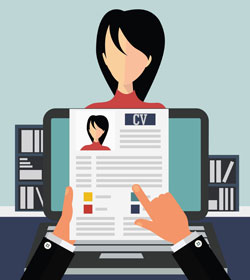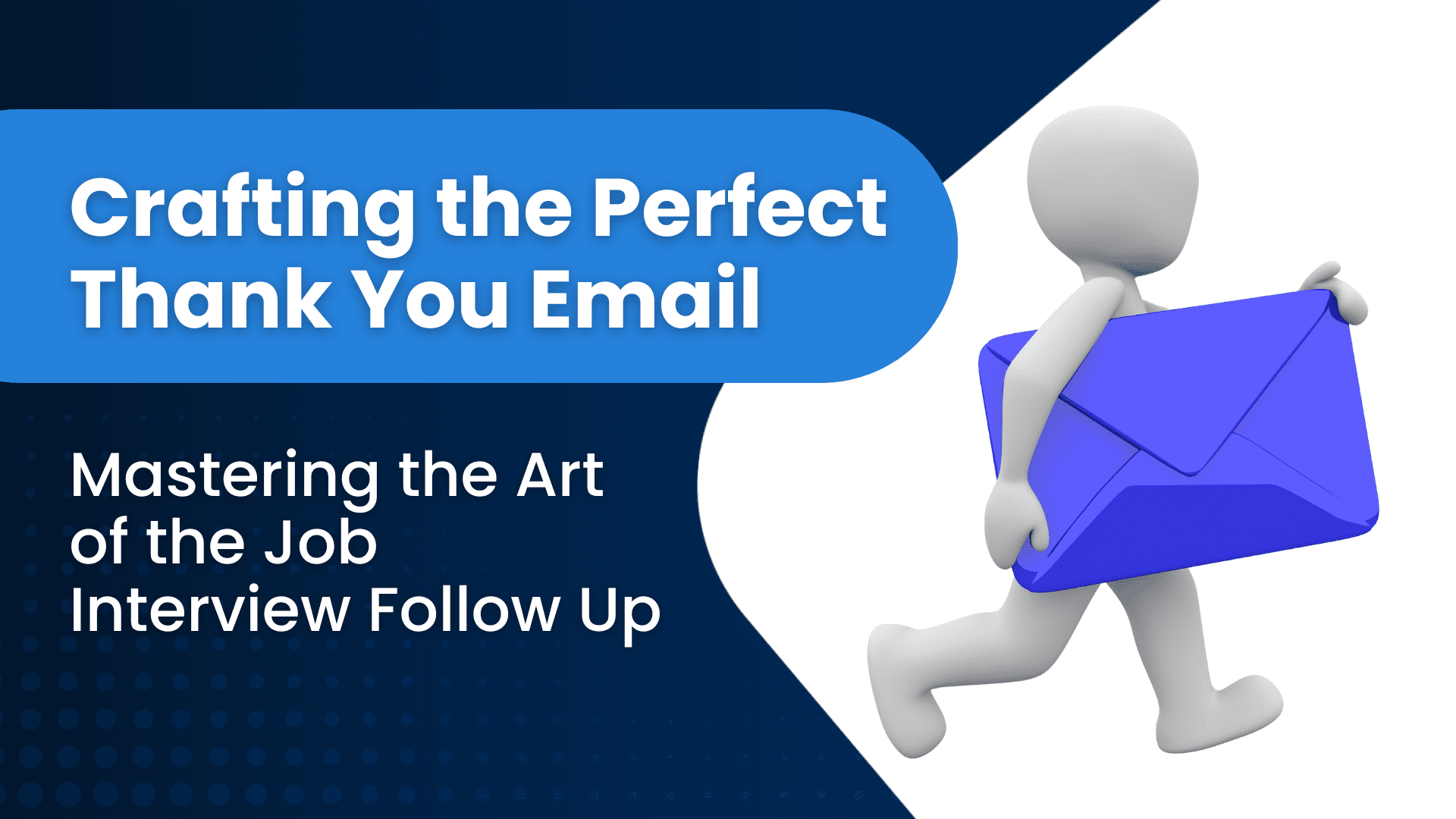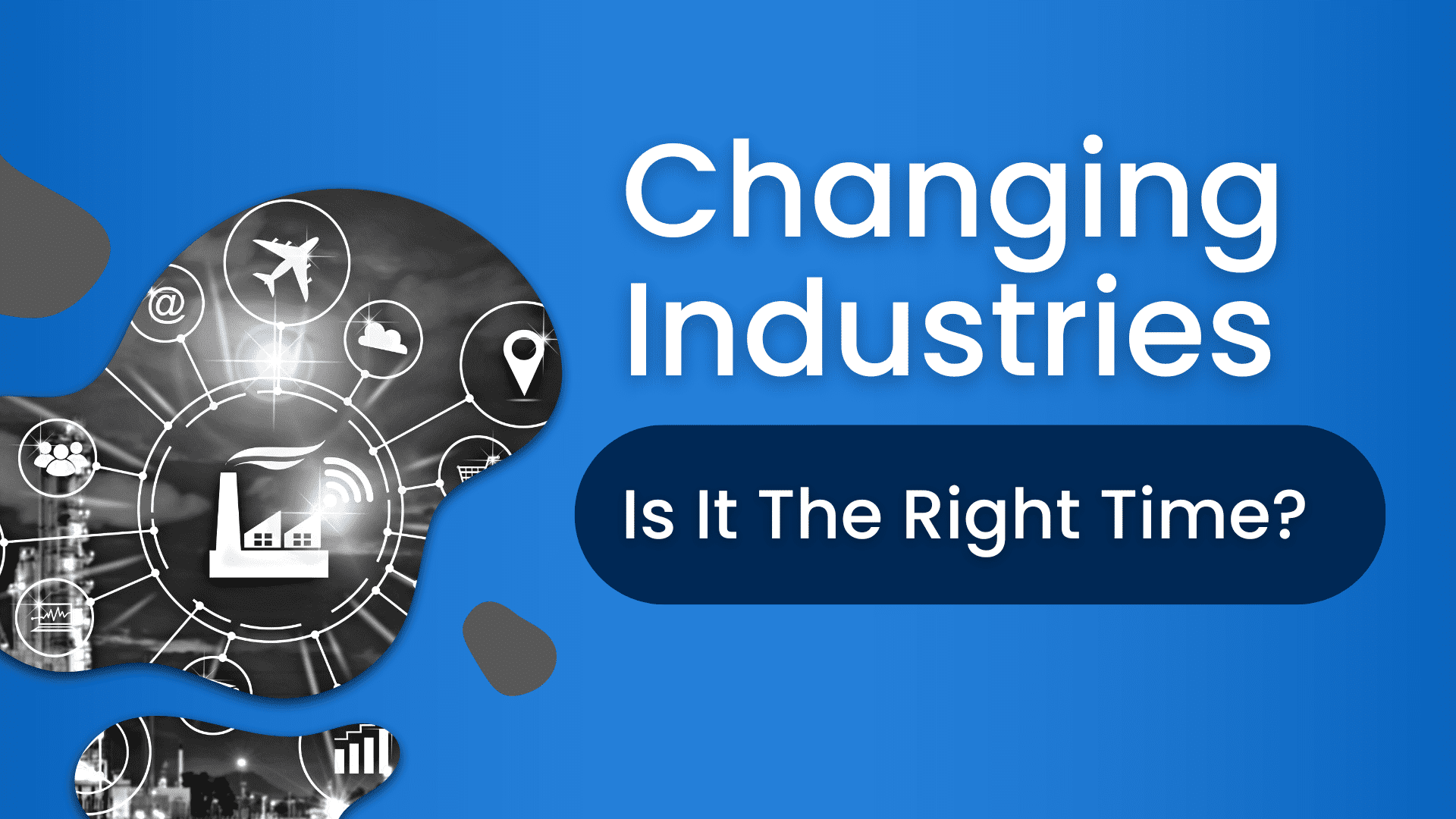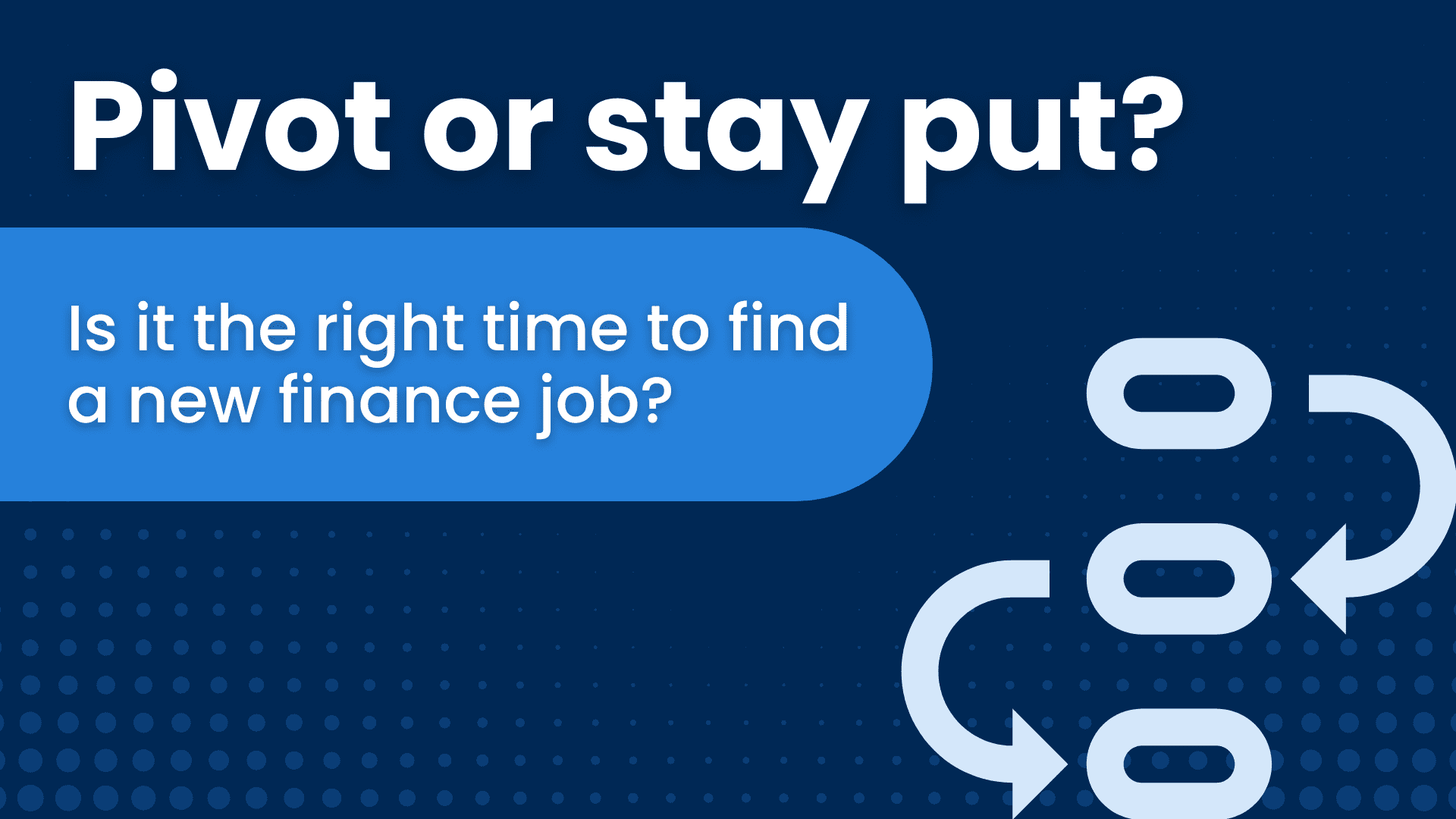 Unless you found buried treasure at a young age Goonie style, it’s likely that you’ve quit a job or been laid off from your accounting or finance job at some point in the past. This means that you’ve likely had to answer the dreaded interview question, “Why did you leave your last job?” Sometimes the answer is easy – a contract role or an internship that came to an end – but likely it’s more complex than that.
Unless you found buried treasure at a young age Goonie style, it’s likely that you’ve quit a job or been laid off from your accounting or finance job at some point in the past. This means that you’ve likely had to answer the dreaded interview question, “Why did you leave your last job?” Sometimes the answer is easy – a contract role or an internship that came to an end – but likely it’s more complex than that.
Why interviewers ask, “Why did you leave your last job?”
The interviewer is trying to determine:
- If you left of your own accord
- If it was amicable
- Were the reasons for transitioning (or wanting to transition) good ones?
- What your work values are
Your answer to this interview question can communicate all of these things. It can either elevate you to the position of “candidate of choice,” or relegate you to the “not suitable” pile.
Scenario 1: You have a job, but are looking to change roles
Key messaging – This is a better opportunity
- The interviewer needs to feel that you are making a purposeful career choice
- You weren’t unhappy in your previous role
- This particular job checks a number of key professional development boxes (industry experience, an opportunity to work cross-functionally, access to mentoring, etc.)
- Don’t emphasize why you don’t like your current position. Make your answer about the upcoming opportunity
“In my current role I’ve worked with some amazing people and I’ve learned a lot about A, B and C. We had a lot of success as a team (name a key success here). But I really feel that this opportunity offers me a chance for growth in an area I value (be specific about why the role appeals to you manage a larger team, work for an industry leader, have a chance to innovate, etc.).”
Scenario 2: You’re currently unemployed by choice – raising children, travel, compassionate care
Key messaging: I enjoyed my last role, but I needed to leave to (add reason).
- Keep your messaging positive about your previous employer
- Have a success story that you can relate, or specific example of something you learned
- Explain that during your time away you grew as a person (travel) and stayed up to date on industry trends and information. Show that this is true by speaking about a recent hot button topic.
- State that you’re excited to get back to work and continue your professional career
“I really enjoyed my previous role with (Company). During my time there I had positive professional development experiences and I loved being part of a high-performing team. But this time away with my children/parent/traveling has shifted my priorities and now I value A, B and C. This is why your organization makes sense for me. I was reading about (industry topic or trend) and (your company) is following this path. I’m excited to potentially be a part of it, and I feel that my experience with (subject) could help the organization meet its goals.”
Scenario 3: You were downsized
Key messaging – The layoff had nothing to do with my performance
- Great people get laid off and interviewers know this
- Speak positively about your job, company and your successes
“Our company went through an acquisition and our department was made redundant (or if you are one of the most recent hires, it can also explain why you might be the person downsized). I was really enjoying my role and had experienced some professional success that I’m proud of. For example, (insert details about the situation here). Ultimately, I grew from the experience, have kept my skills up-to-date and I actually think I’m stronger because of it (or some statement about personal/professional growth). My former manager is one of my strongest references.”
Scenario 4: You were fired
Key messaging: There are extenuating circumstances. I grew from the experience.
- Stay professional
- Calmly outline the extenuating circumstances – job expectations changed, the company moved in a different direction, new management
- Explain what you learned from the experience – show self-awareness
“There were management changes that shifted the expectations for my role. It didn’t mesh with my strengths and the new manager decided to bring someone in who was a better fit. This experience taught me that my true strength is in my (skill). I learned what I really wanted to do and it’s made me focus on (subject) which is why I’m here. I think that this role, with its emphasis on (skill), really speaks to what I’m good at. Would you like me to tell you more about my strength in this particular area?”
Key Takeaways
Regardless of why you left your last finance or accounting job, the key in an interview is to stay professional and positive. Focus your energy on speaking to your strengths. Talk about why the role you’re interviewing for meshes with your passion, expertise and abilities. Don’t trash talk your past employer. This can only torpedo your current opportunity. Ultimately, the need to transition from one role to another is something that most interviewers will understand. Just make sure to focus their attention on what you can bring to the table, not on what you left behind.
Your Next Step
No one should walk the job search or hiring road alone. At Clarity Recruitment, we help others realize their success through a process that marries proprietary technology with unwavering commitment. Contact us today to take control of your career, or to partner with us to hire well.
Clarity Recruitment helps growing companies find amazing people.




